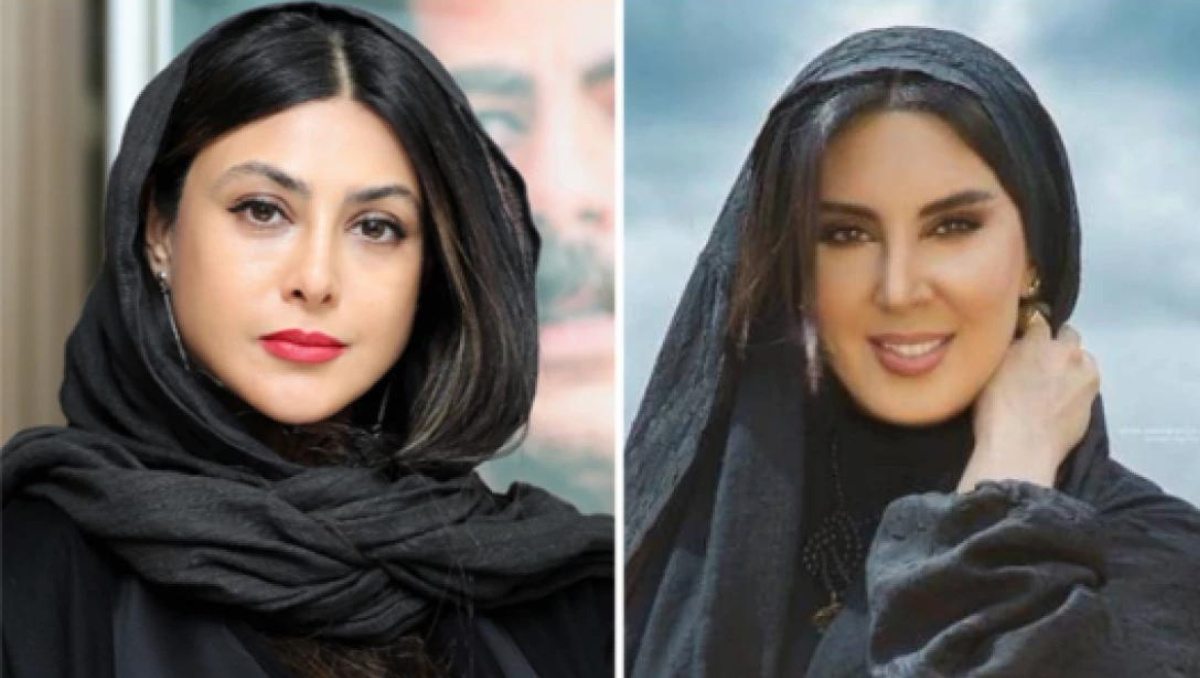Table of Contents
On Tuesday, Iranian authorities reported that about a dozen actresses are banned from working in the films over Hijab Law Violations as they “didn’t follow rules.” The Islamic Republic follows a strict dress code that includes “mandatory headscarves” and any refusal to wear hijab, be it publicly or virtually, would be considered equal to “nudity”. For supposedly violating these rules, the said actresses won’t be allowed to work in films anymore, as informed by Mohammad Mehdi Esmaili, Iran’s Culture and Islamic Guidance Minister, who said that “those who do not follow the law, will not be allowed to work.”
Habib Ilbeigi, Director of the Supervision Department, released a statement saying that due to the “constraints they confront”, these twelve actresses won’t be able to pursue their careers in films. However, their previous works would still be released in order to protect the interest of the film producers who have made substantial investments in the projects.
Among the many actresses who have been banned from working, Katayoun Riahi and Taraneh Alidoosti were also detained for a brief period of time over the protests that happened over the death of Kurd Mhasa Amini, a 22-year-old Iranian woman who died while being in custody.
Iran on Banning 12 Women Actors over Hijab Law Violations: What exactly are these Hijab Laws in Iran?
Iran’s Law emerges from their own interpretation of the Sharia Law, according to which, girls and women above “the age of puberty must cover their hair with a hijab and wear long, loose-fitting clothing to disguise their figures.” The bill went ahead as 152 people were in favor of it, 7 people abstained from voting and 34 people were against the passing of this bill. The Hijab and Chastity Law is in the final stage of consideration and has to be passed by the Guardian Council (which comprises 12 men) to become a law.
Under the law, those violating it can be subjected to 10 years of jail time, can also be flogged, and will be fined up to 360 million Iranian rials. The earlier law stated the punishment to be two months or a fine of up to 500,000 Iranian rials. The law with stricter punishments was introduced after the death of Mhasa Amini in custody. Her death led to worldwide protests where women could be seen burning their headscarves or throwing them in the air in order to demonstrate their resistance against such laws. Despite the installation of surveillance cameras and police raiding the streets, women have continued to show their increasing unrest through various forms of dissent and protests.
UN Human Rights have commented that the law is “tantamount to gender apartheid” and intends to suppress women into “total submission”. Hossein Raeesi, a human rights lawyer in Iran, has said that laws like the Hijab Law would put a “massive lock on the bodies of Iranian women” as the law gives serious power to those walking in the streets which will only increase brutality with which the women are hunted down.
Who was Kurd Mhasa Amini? How did she die?
Mhasa Amini was a 22-year-old Kurdiah-Iranian woman who tragically died in September 2022 while being in custody with the morality police for allegedly “wearing the Islamic headscarf incorrectly.” Her death has caused a worldwide outrage leading to many protests. Around 529 people were killed in the demonstrations that followed Amini’s and over 19,700 people were detained by the authorities, as per the human rights activists in Iran. Recently, Iran jailed two female journalists, Niloufar Hamedi and Elaheh Mohammadi, for covering Amini’s deaths and for allegedly collaborating with the US government and jeopardizing “national security.”
Hamedi was detained after she took a picture of Amini’s parents hugging each other as their daughter lay in a coma. Mohammadi was imprisoned for covering Amini’s funeral. IRNA has reported that Hmedi would receive 13 years of prison time while Mohammadi would get 12 years of jail time. Sherif Mansour, CPJ’s Middle East, and North Africa program coordinator, has said that the accusations are a “travesty” and showcase the Iranian government’s desperate attempts to criminalize journalism. It also proves to be evidence of the “erosion of freedom of speech.”
